In today’s time, factory automation is transforming rapidly, as fast as electricity moves. The traditional way is slowly shifting towards smarter methods, and Industry 4.0 is further enhancing businesses. Now, the biggest and most important question is what’s coming next in factory automation? The industries and factories are revolutionizing smarter, faster, and connected.
For the factory, there are various industries that have implemented 4.0 technologies. In this blog, we will discuss emerging Industry 4.0 technologies: what’s next in factory automation.
What is Industry 4.0?
Industry 4.0 is a high-tech and hybrid technology where smart factories will be created, and machines will communicate with each other to carry out production, reducing the limitations of the 1st, 2nd, and 3rd industrial revolutions or 4th industrial Revolution. All of this will be operated through AI and smart software. When these machines interact with each other, sensors analyze their real-time working data.
This means that in smart factories, machines are programmed to think, understand, and make decisions on their own. Basically, this 4.0 industry does not depend on manpower or fixed machines.
- Hybrid devices that collect data and control machines
- A Smart Artificial Intelligence system that detects errors
- Smart robots work with humans
- Smart solution that adapts to changing needs
Essential key technologies of Industry 4.0
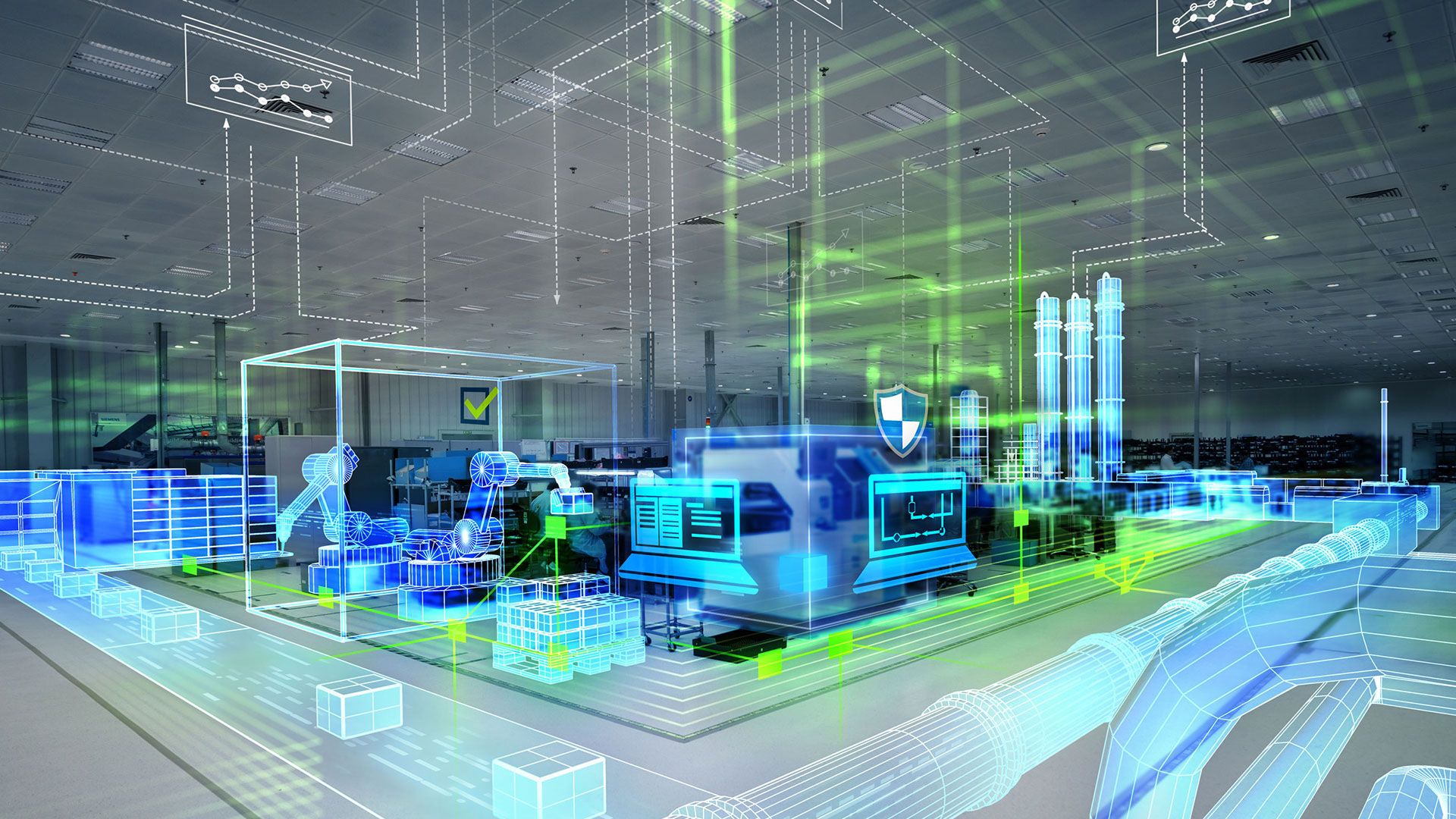
AI Predictive Maintenance
This AI understands your business well, thinks about it, and is implemented based on decision-making. Yes, you heard it right—it works just like a human. When these automation sensors are implemented in factories, they collect the real operating data of machines, and AI stores this data within itself. Later, it compares the machine’s future performance with past records to identify potential problems.
Perks of an AI predictive maintenance system:
- Reduce unwanted cost
- Enhance the machine lifecycle
- Increase production
- Ai directions maintenance
Collaborative robots
This is the game-changer technology in industries because collaborative robots and cobots work together. Cobots are open to working with humans. They are specially designed so that they can work efficiently with humans and operate safely within the same working environment. And cobots are used in manufacturing industries, the automobile industry, the healthcare industry,
Why use cobots:
- Packaging
- Assembling
- Quality control
- Material handling
Perks of using cobots:
- These cobots are easy to install and easy to program.
- Enhance workplace safety
- Enhance productivity
- Flexible and adaptable
Digital twins industry 4.0
Digital twins mean a digital copy of a manufacturing machine or system. It is like a 3D model of the machine. If there is any issue in the model of the smaller machine, you can fix the larger machine accordingly. This system analyzes the engine’s performance and speed so that it can reduce overheating and prevent future problems. This robotics AI is used in the automobile, manufacturing, and healthcare industries.
Perks of the digital twin industry 4.0
- Detect errors
- Reduce testing time
- Enhance efficiency
- Cost effective
- Flexibility
5G computing industry 4.0
Machine sensors and automation systems produce a huge amount of data, and sending this data to the cloud takes a lot of time. 5G computing in Industry 4.0 solves this problem very easily by providing a super-fast, wireless connection. It analyzes the data, responds instantly, and makes decisions accordingly. This 5G computing is used in smart factories.
Perks of the 5G computing industry
- Continuously communicate with machines
- Responsible for decision-making
- Reliable connection
- Support remote control
- Usage for large-scale automation
AR and VR in Industry 4.0
Augmented reality: this technology helps to repair machines with a diagram screen and step by step. While operating, it shows all the diagrams and guidance. In simple words, it greatly helps in repairing the machine.
Virtual reality: it creates a fully virtual environment where workers safely use machines without the use of real machines. It is specially designed for training in dangerous tasks.
For example: operate an aircraft engine and a nuclear plant.
Perks:
- Reduce damage
- Save training cost
- Enhance efficiency
- Provide proper training
Blockchain in supply chain
This is a technology in which a factory’s production is stored securely, and each block is linked to the other. The data is stored completely safely, and no one can easily change it.
When this technology (blockchain) is used inside a manufacturing unit, the product information flows from the producer to every person up to the customer. This makes it easy to identify whether a product is original or fake.
Challenges of adopting Industry 4.0
As you all know, if a technique has benefits, there are also some challenges that need to be faced.
- Workers in industries will need to be trained again from scratch.
- Cybersecurity risks increase significantly.
- Integrated issues, such as connecting old machines with new ones, can be a bit challenging.
Why choose the Unseen Era for Emerging Industry 4.0 Technologies?
Unseen Era provides industrial automation technologies and sensors. The company understands smart future manufacturing and the advanced needs of its customers. Moreover, we offer AI predictive maintenance sensors and AI automation sensors that help you achieve efficient and cost-effective production.
Benefits of choosing Unseen Era:
- Stability in the market
- Enhance efficiency
- Cost-effective solutions
- Expert guidance
People also ask Emerging Industry 4.0 Technologies: What’s Next in Factory Automation.
Q. 1 How does 4.0 industry technology improve productivity?
A: Industry advanced AI techniques help to enhance productivity because they analyze machine behaviors and data monitoring, and also reduce the risk of machine damage.
Q.2 Does this technology predict future problems?
A: Yes, this advanced technology detects future errors and gives a reminder for any part damage and failure. This technique reduces downtime and saves costs.
Q.3 Are cobots safe for the food and beverage industry?
A: Yes, cobots are safe for the food and beverage industries because they are specially designed for food-grade and strict hygiene standards.
Q.4 Are digital twins expensive technology?
A: The cost of the twin system depends on the implementation technology and the factory size. Digital twins are specially designed for the reduction of maintenance costs.


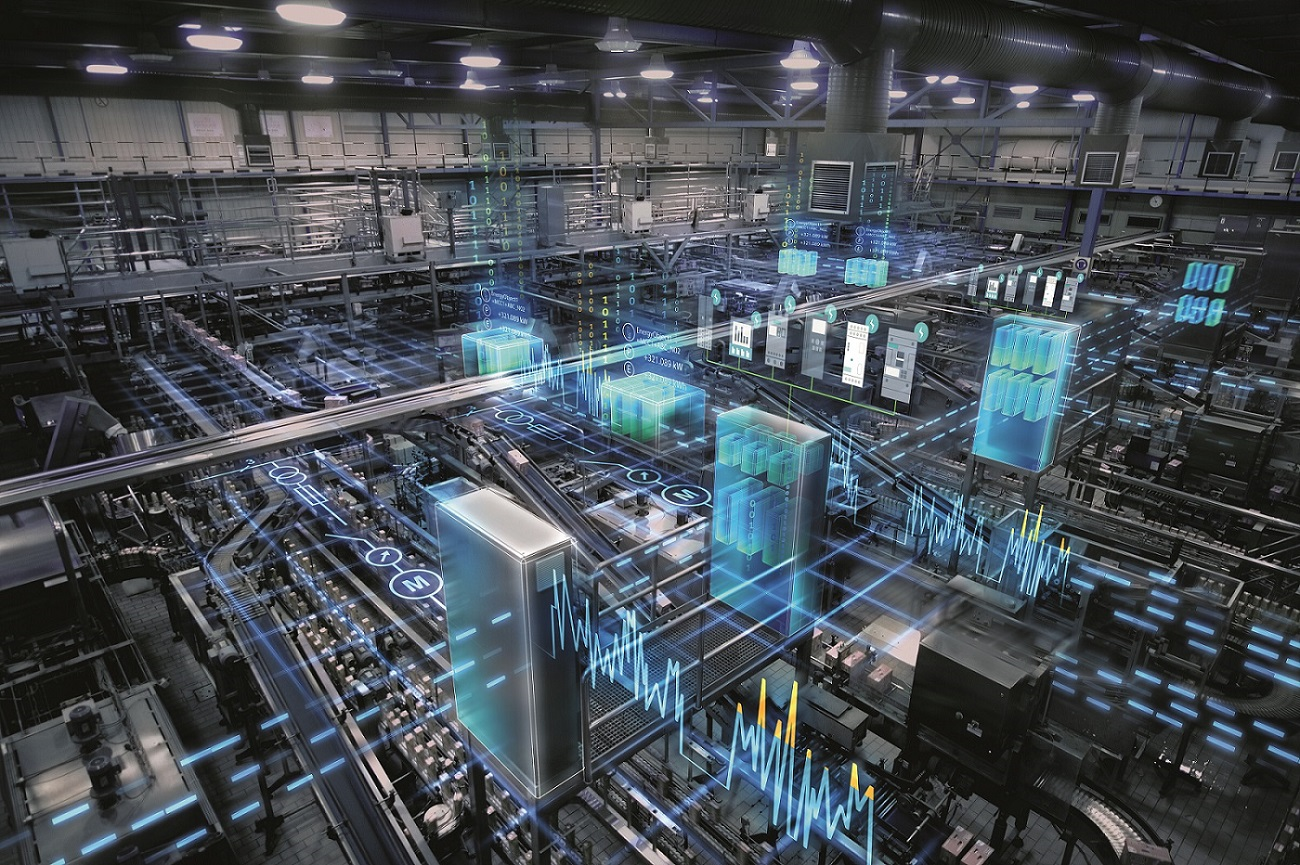
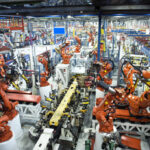

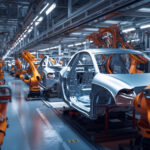
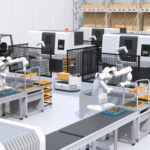



 Call
Call Whatsapp
Whatsapp Contact Us
Contact Us